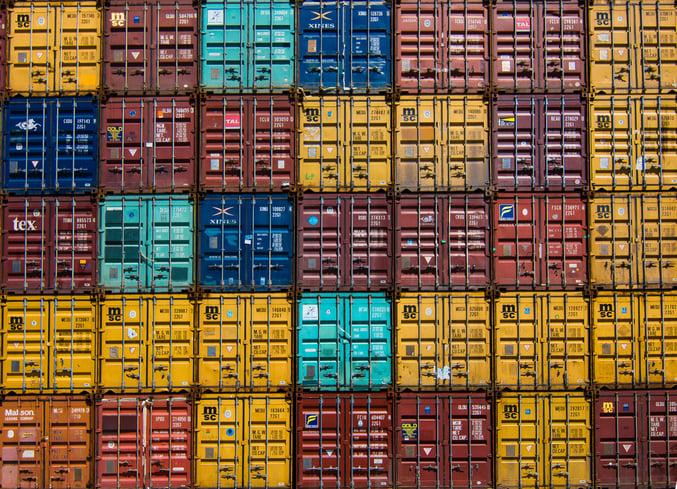REDWOOD LOGIN
Redwood PortalLTL
SCS
SCS Support
Rockfarm
 Did you know that 90% of the US LTL marketplace is operated by only 25 National LTL carriers? It’s true – companies like YRC, UPS Freight, Fed Ex Freight, and others dominate this industry, featuring fleets in the thousands, with multiple hubs, terminals, and routes that travel from sea to shining sea. With this much traffic traveling the highways of the United States each day, keeping everything organized, streamlined, and transparent can be a challenge. It’s due to these reasons and more that the leading national LTL carriers all utilize blockchain technology in their daily operation.
Did you know that 90% of the US LTL marketplace is operated by only 25 National LTL carriers? It’s true – companies like YRC, UPS Freight, Fed Ex Freight, and others dominate this industry, featuring fleets in the thousands, with multiple hubs, terminals, and routes that travel from sea to shining sea. With this much traffic traveling the highways of the United States each day, keeping everything organized, streamlined, and transparent can be a challenge. It’s due to these reasons and more that the leading national LTL carriers all utilize blockchain technology in their daily operation.
While many of us have heard the term blockchain software, how it works, the benefits it provides, and challenges for integration is not as easy to comprehend. So – in the information below, we’ll do our best to explain some facts about blockchain solution, why the leading National LTL carriers are using this software, and how any organization that operates in the supply chain can benefit from its use.
Although it’s widely known as a security solution for cryptocurrency (Bitcoin and others), the meat and potatoes software that makes up blockchain solutions can be used in multiple industries. In fact, many supply chain stakeholders have found a way to integrate blockchain software into the TMS, CRM, and other software programs that carriers, shippers, and 3PL’s use on a daily basis.
Now let’s get technical. In simple terms, Blockchain is a decentralized, distributed, and digital-based ledger that tracks the flow of transactions or data streams in blocks across a peer-to-peer network. Basically – it’s a fully transparent and independent operating system that displays records for everyone in the network to review. Anytime a new transaction occurs, the information creates a new “block” that can be linked to an existing “block” (hence the block-chain).
This technology was developed to establish a cloud-based solution for digital information to be readily available that can’t be tampered with – which eliminates the potential for fraud to occur.
One of the biggest consumer segments that are shipped primarily by LTL carriers is food. From reefer shipments to dry-goods, the majority of retailers across the USA depend on independently owned LTL carriers, like YRC, CR England, Swift and others are using blockchain solutions to power their communication stream. The main benefit it provides is the ability to efficiently track the movement of food-based products through the supply chain. This helps to provide an accurate and un-corruptible record of food freight movement, not only to protect the company from potential legal trouble but most importantly – to reduce the potential of foodborne illness.
Here are a few specific examples of how blockchain solutions are used by national LTL carriers and others to protect the accurate recording of food-related shipments:
Another reason why the largest National LTL carriers are using blockchain solutions is to improve the processing of freight invoices. Since this software was originally designed as a solid digital record of all transactions, the use for processing and paying freight invoices was a natural solution. There are several reasons why blockchain software is used for these daily tasks including:
The best way for organizations that operate within the supply chain to learn about the proper use of blockchain solutions is to work with an experienced 3PL. Third-Party Logistics providers are experts in advanced technology solutions that help to improve the efficiency and transparency of freight movement. In fact, many of the leading 3PL’s were the first to use blockchain solutions in the logistics space. The best thing about blockchain solutions is that suppliers, shippers, carriers, 3PL’s and more can use the software to improve their operational efficiency.